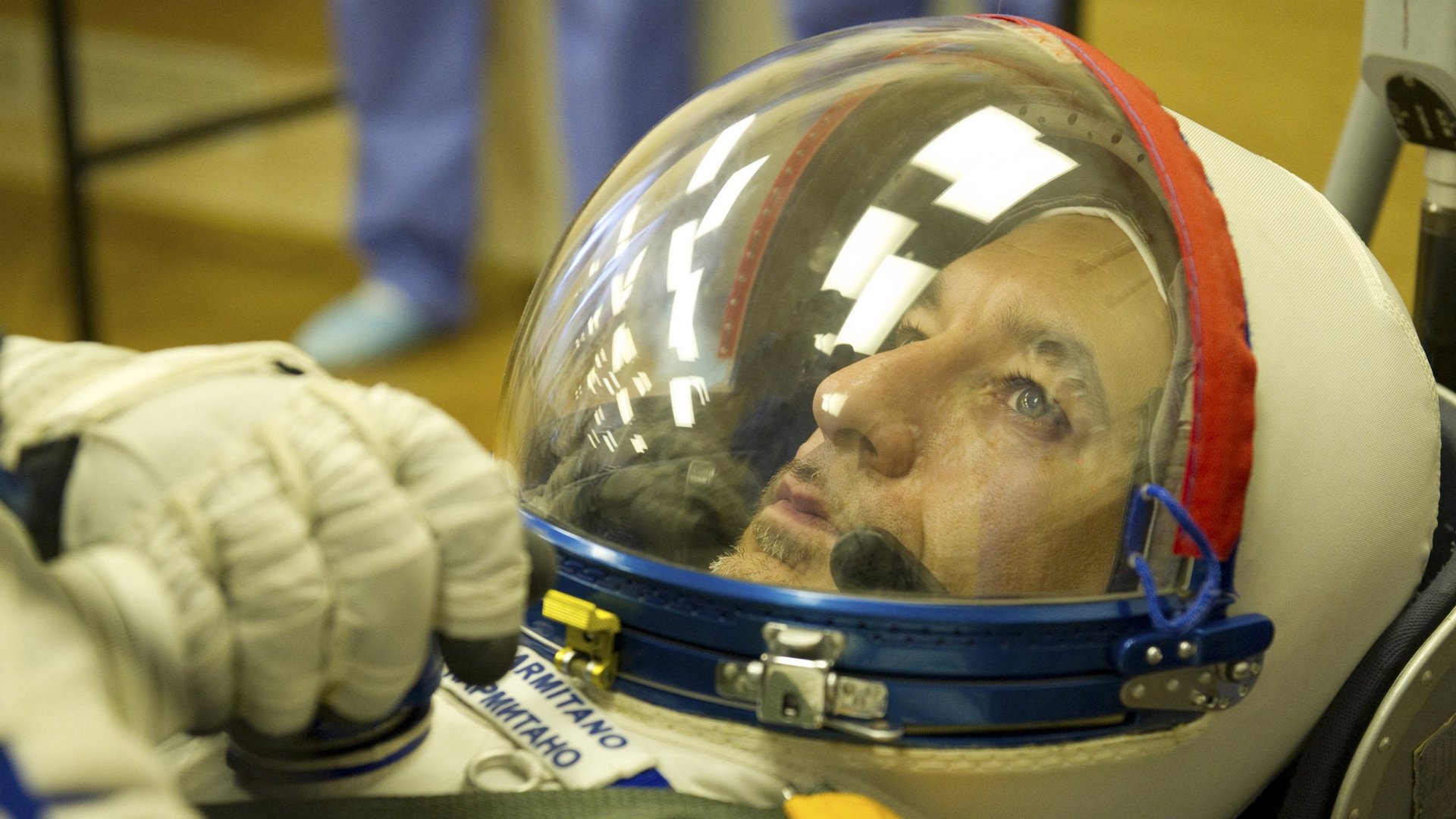If the UK decides to leave the EU, it will also leave innovation behind
At a time of much business debate around whether the UK should remain in the European Union (EU), there is one critical area being overlooked in popular chatter—science.


At a time of much business debate around whether the UK should remain in the European Union (EU), there is one critical area being overlooked in popular chatter—science.
With a growing appreciation that the financial markets are something of a casino, many countries are getting wise to the importance of research and innovation as a high-return solid investment for the future. Much of this comes from the startup tech companies increasingly emerging from, or feeding off, universities and publicly funded science. Critically, the EU is providing the UK with a scientific boon that is set to grow.
European science has always been of very high quality, but fragmented by the patchwork of borders. Efforts to provide a central funding mechanism for collaboration have traditionally been characterized by painful “Eurocracy.” Added to this, European academia has been more separated from commercial exploitation than in the US.
Over the past 10 years, however, EU science has slowly coalesced into an impressive force, which now looks to become a genuine world leader. The EU already outstrips the US for academic output—by about 20% according to World Bank data, partly thanks to the EU just being bigger than the US by 200 million people.
The European Commission has been a driving force of science growth, consistently increasing the EU science budget. In his State of the European Union speech today, Jose Manuel Barroso, president of the European Commission, said, “we need an industrial policy fit for the 21st century.” A key piece of this is their new €70 billion ($93 billion) Horizon 2020 program for 2014-2020, where there are substantial efforts to strip out bureaucracy and invest in future-focused science infrastructure. There is also a drive to link European research with industry—small innovative businesses in particular—to get maximum commercial mileage out of research “excellence.” Unknown to the wider public, there is a buzz of “can do” around these plans that you wouldn’t usually associate with European policymakers.
The UK has contributed many ideas to the new European science push, has reaped a lion’s share of the communal funding, and due to its prowess, sits in a driving seat. As EU science gets set to take off, abandoning that seat would be a colossal error. It would significantly hurt the UK’s global competitiveness.
What does the UK get from the EU?
The UK makes up about 12% of the EU population and contributes some 11.5% to the budget. However, the science funding that is awarded centrally from the European Commission is not based on population—it is based on research “excellence.” UK science is excellent by any standard and UK institutions win some 16% of all the EU funding. The UK is particularly strong in areas such as health, leading 20% of all projects, also winning 27% of the prestigious European Research Council funds.
Whereas the UK government’s budget for science is frozen at a lamentable £4.6 billion ($7.2 billion) annually (despite George Osborne’s “personal commitment”), the EU’s upcoming €10 billion ($13.3 billion) per annum represents a 35% increase on previous funding. If the UK wins 16% of those funds, that’s a big slice atop our meager £4.6 billion. It means that unlike the science cuts in the US, UK science has more money coming its way. And that’s not thanks to George Osborne. It’s thanks to the European Commission.
The EU also lets UK researchers play with “big science,” for example the European Space Agency, or the discovery of the Higgs boson at CERN. There are countless projects that pool resources across Europe to forge world-leading science. Scientific articles with international authorship also get more citations than exclusively domestic papers. The UK has rapidly increased in this department and now >50% its papers are international (the US is around 35%). European science is getting big and UK researchers are deeply involved.
Lastly, let’s not forget the influx of researcher talent from the mainland. Sure we can congratulate “excellent science,” but we must also thank international collaborations and the EU’s Marie Curie program, which facilitates researcher mobility around Europe.
Some will argue that there are a handful of countries outside the EU that contribute finances to the EU science program just like EU countries. They can coordinate projects too and reap all the same benefits. In fact, they do very well. Can’t the UK just follow their model?
The key difference here is size. The UK is no small partner looking only for peripheral participation. We get away with an exceptional deal on a large scale (where eastern Europe, for example, is missing out badly) because British science is currently deeply involved in forging the European science direction.
The UK’s driving seat within the EU is a win-win for our science and innovation. Pulling out of the central team would break a bond that would be very difficult to recover.
This post originally appeared on The Conversation.